Advertisement
If you've spent even a few hours using ChatGPT, chances are you've wondered what happens to the things you type. Is your data saved? Is someone looking at it? Are your prompts used to improve the AI? These are fair questions—and if you're asking them, you're not alone.
It’s important to know that while ChatGPT can feel like a private conversation, it isn’t exactly one. By default, OpenAI may use your prompts to train future models. That means your words might be saved, reviewed, and used to teach the AI how to respond better. But here’s the good news: if you’d rather keep your activity private, there are ways to make that happen.
Let's clear this up first. When you use ChatGPT, OpenAI logs your conversations. This doesn't mean they're publishing them on the internet or sharing them with your neighbor—but they are collected. Human trainers can review these chats to improve the model's understanding and performance.
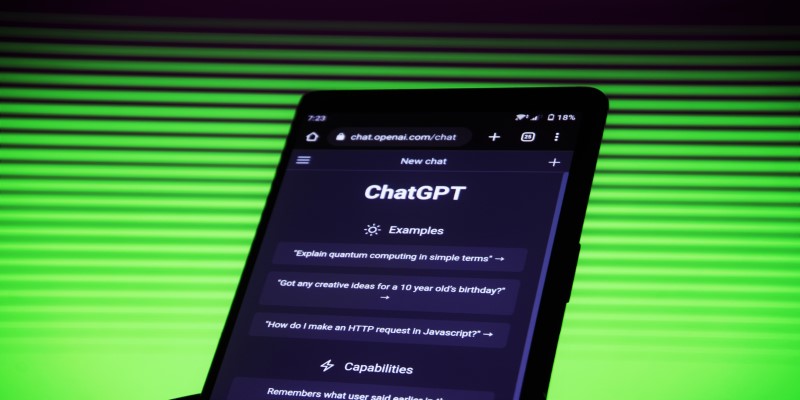
OpenAI claims to remove personally identifiable information and reviews conversations under strict policies. Still, many users are uneasy. And rightfully so—especially if you're using ChatGPT for sensitive tasks like journaling, coding personal projects, or brainstorming business ideas.
Here’s the thing. If you’re just asking for movie recommendations or ideas for dinner, you probably don’t need to stress. But if you’re feeding the AI with private journal entries, legal queries, personal dilemmas, or unreleased project ideas, it’s a good idea to take the extra step and protect your data.
It’s not about being paranoid. It’s about setting boundaries. You get to decide what’s okay to share and what isn’t—and luckily, OpenAI has left the door open for those who want out. In particular, you should be cautious when sharing sensitive information like personal health details, financial records, or confidential work-related ideas. Even though OpenAI has policies in place to safeguard user data, the responsibility for keeping personal information secure ultimately rests with you.
Yes. But it takes a few steps, and OpenAI doesn’t make a big deal about telling you how to do it. That’s why this article exists.
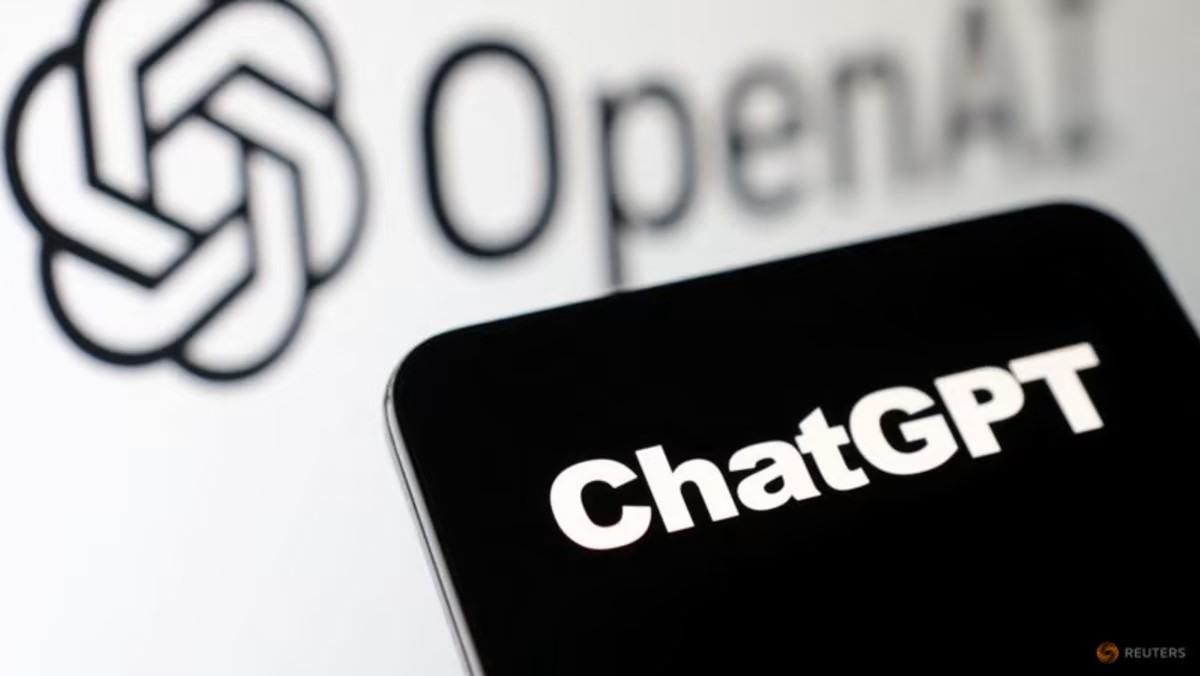
You can turn off chat history, which also disables data being used to train OpenAI’s models. This doesn’t mean you’re invisible, but it’s the most private setting you can get right now.
Here’s how you can do that:
Once that’s off, your conversations won't appear in the sidebar, and OpenAI won’t use them to improve its models. However, they’ll still keep the data for 30 days for safety checks before deleting it.
After turning off chat history, your conversations won’t show up in the sidebar. That’s the biggest visible sign. You can also go back into settings anytime to confirm the toggle is still off. If you’re really unsure, reach out to OpenAI’s support. They won’t give you a detailed list of what’s stored or deleted, but they can help confirm your settings.
Additionally, it’s a good idea to periodically check your settings in case OpenAI introduces new features or changes to the privacy policy. You can also clear your browser’s cache and cookies regularly to ensure that no lingering session data remains on your device. These small steps further enhance your privacy and help you stay in control of your data.
Yes, but with one catch. If your chat history is off, your past conversations won't be saved. So, if you like picking up old threads or reviewing what you asked last week, that part’s gone. Each session is fresh.
Some folks might find that inconvenient. Others might like the clean slate every time. It all comes down to how you use the tool.
Let’s say you already had sensitive chats and didn’t know they were being stored. Is there a way to delete those? Yes.
Go to settings again and look for “Data Controls.” There’s an option called “Manage My Data.” From there, you can:
If you want to go further, there’s even an option to delete your entire account. That means all your data—conversations, login credentials, everything—will be permanently removed. It’s not reversible, so think it through. But it’s an option.
Here's where it gets a bit different. If you're using ChatGPT through the API—say, in your app or for backend automation—OpenAI has a different policy. API data is not used to train the models at all. That’s their default stance, which is good news for developers and businesses.
So, if you're building something serious and want total control over your input and output, using the API might be the safer bet. You don't even need to tweak any settings; privacy is built into that flow.
You don’t have to stop using ChatGPT to protect your privacy. You just need to tweak a few settings and know what’s being collected. With so many tools gathering data behind the scenes, it’s refreshing to find one where you’re given a clear off-switch—even if you have to go looking for it.
So, if you're someone who values control over your digital presence, flip that switch. Keep your conversations yours. And remember—privacy isn’t about hiding. It’s about choosing what to share, when, and with whom. The more you understand the tools you’re using, the more you stay in charge. ChatGPT can still be useful, even with the blinds drawn.

Learn how GPT4All runs offline, what makes it unique, and why it’s a secure, open-source alternative to cloud AI models.
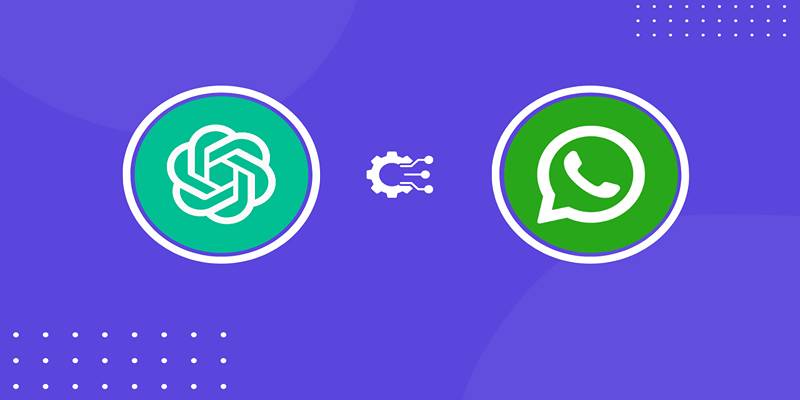
Learn how to integrate ChatGPT with WhatsApp to automate replies, streamline service, and boost customer engagement.

Worried about how ChatGPT handles your data? Learn how to stop your conversations from being used to train AI models and manage your privacy settings effectively

Discover 8 effective ChatGPT prompt strategies that help reduce digital distractions and improve daily focus and clarity.
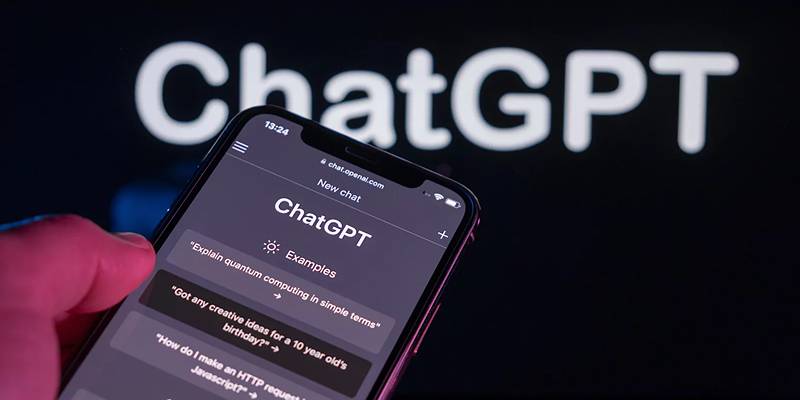
Many users say ChatGPT feels less intelligent, but OpenAI insists the AI model is smarter and safer with every new update.

Learn how to prevent ChatGPT from saving your conversations by turning off chat history and managing privacy preferences.

How the Amazon SageMaker Tool for MLOps simplifies building, deploying, and maintaining models. Learn how this managed machine learning platform supports end-to-end workflows and makes scaling easier for teams
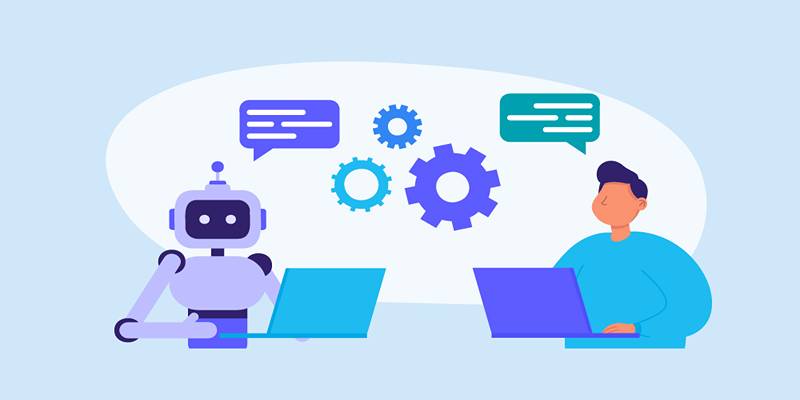
Learn how HR professionals can use ChatGPT to write emails, documents, and job posts faster and with less effort.
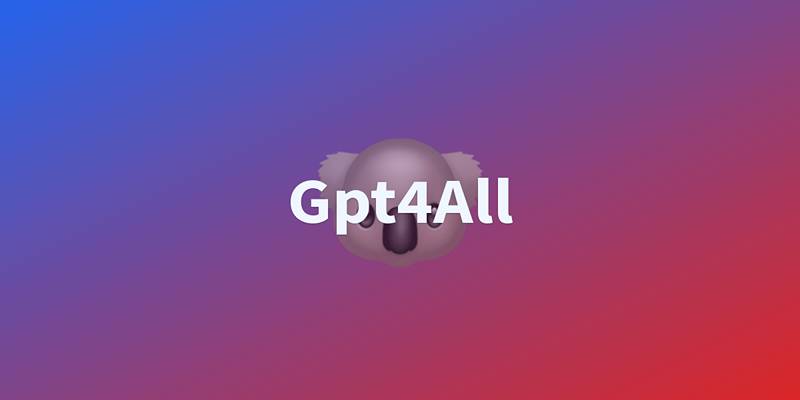
Install GPT4All on your Windows PC and run a ChatGPT-style AI chatbot offline, privately, and completely free of charge.

Discover 11 effective ChatGPT strategies authors can use to create detailed, consistent, and dynamic book characters.

Boost creativity and structure in brainstorming by combining mind maps with ChatGPT for faster, clearer idea generation.

Learn how ChatGPT token limits affect input, output, and performance—and how to manage usage without exceeding the cap.